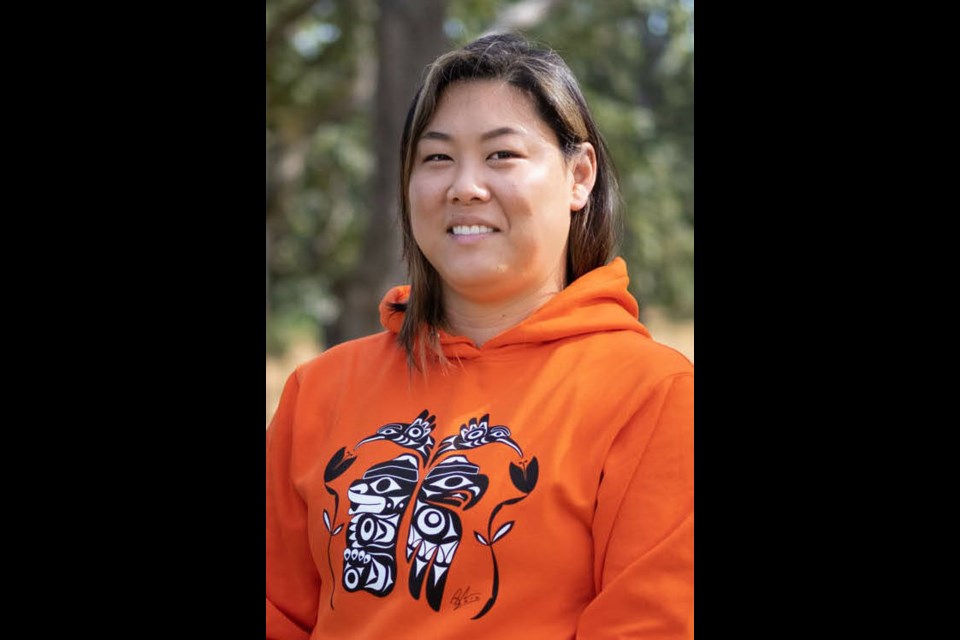Susan Kim
Website: susankim.ca
Facebook: SusanKimYYJ
Twitter: @SusanKimYYJ
Instagram: @SusanKimYYJ
Are you associated with or running as part of a slate? If so, which one?
No.
Do you live in the municipality where you are running, and if so, for how long? If not, what is your connection to that community?
Yes, for 8 years.
What is your occupation, and for how long?
I have been the director of operations for the Fernwood Neighbourhood Resource Group for 3 months.
Tell us about your previous elected and/or community experience.
I worked as a federal constituency assistant for nearly three years. During that time I connected with the community and learned how federal legislation and funding interacts with local concerns. I also saw how much gets downloaded to municipalities without appropriate funding and support from higher levels of government. Additionally, I’ve volunteered with UFCW and CUPE locals, local food organizations like LifeCycles and as a board member for the Sierra Club of B.C., where I sit on the Justice, Equity, Diversity, Inclusivity Committee.
Why are you running? What’s your motivation?
Growing up with a single mom who was raising two kids, I benefited from public services and amenities my community had to offer. Access to opportunities and programming are what got me to where I am today, and I want to pay it forward to the next generation of folks in tough circumstances like I was in. I also want to continue Victoria’s climate action and see the new Peer Assisted Care Teams be a success, proving to the province and federal governments that we are leaders in harm reduction and climate initiatives.
What are your top three issues?
I’m running to make Victoria affordable, sustainable and livable, so my top issues are the housing and cost-of-living crises, environment and climate change, and building a healthy community with a functioning healthcare system. Workers in all sectors can’t find anywhere to live, hurting the economy. Families are leaving the core, leading to environmentally destructive sprawl. Council can work with other government levels to build hundreds of units of affordable housing, with a focus on non-market, public and co-op forms; approve missing middle with stronger protection for renters; incentivize housing for healthcare workers; and advocate for vacancy control in between tenants.
What’s your vision for your community in 25 years?
No unhoused neighbours and people have the type of housing they need from a buildout of public housing, co-ops and land trusts. People can access safe supply and treatment options. No one is dying from toxic drugs. Folks can easily see doctors, counsellors or any healthcare professional they need. All homes, including older rental stock, are retrofitted and energy efficient through public investment and tax incentives. AirBnB’s are licensed and don’t negatively affect the housing supply. Tenants are protected between tenancies. City infrastructure is adapted for the effects of climate change, and a maximum temperature bylaw is in place. There’s a healthier tree canopy and more public and green spaces for citizens to gather. We’re more locally food secure, relying less on imports.
What’s one “big idea” you have for your community?
An idea that’s perhaps not big in action but would have a big impact is to allow community groups and non-profits whose members are predominantly not English-speaking to submit municipal grant applications in a language of their choosing. While I understand that there are other ways these organizations have to be able to navigate English-based systems like the CRA (e.g., becoming a society through the province, etc.), this removes one large barrier. Explaining the impact of their work and being able to provide raw testimonials would make it easier for these such groups to get the resources they need to continue making our community better, especially among underserved populations.



